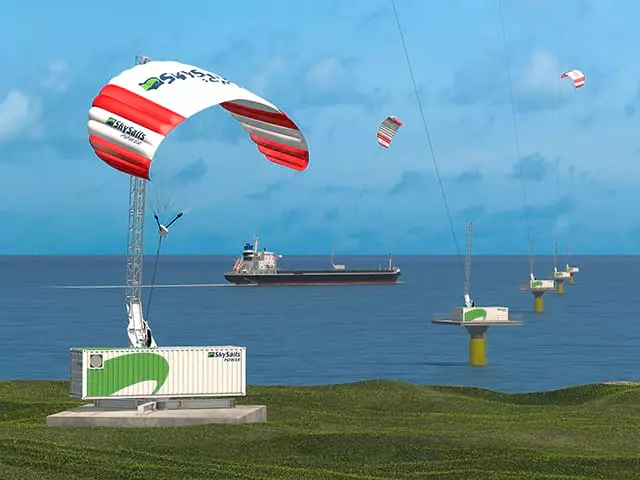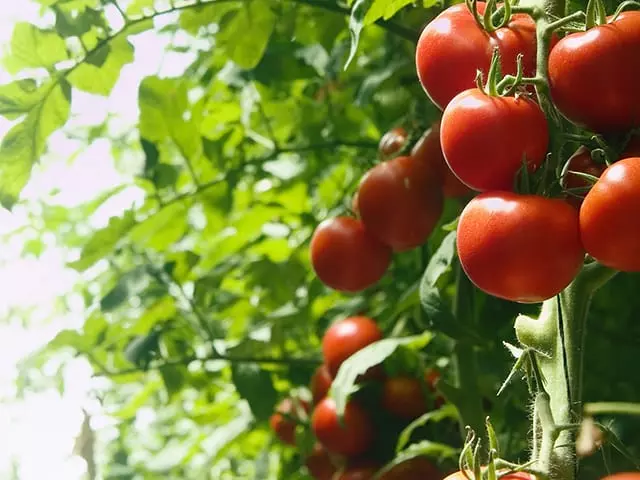Highlight in the Highlands:
Whisky for trucks - Glenfiddich produces biogas
Scots rock with sustainability - the multiple award-winning whisky Glenfiddich will now please its connoisseurs in two ways. In future, the trucks transporting the famous single malt will run on biogas generated from all the organic waste from whisky production. The eponymous distillery in Dufftown, Scotland, produces the low-CO2 biogas itself as part of its sustainability strategy. Successfully invented: Initially, there was no process to recycle the malted barley-based residues as gas. So the parent company William Grant & Sons developed its own fermentation technology, which is as special as the barley grown especially for Glenfiddich
Powered by Glenfiddich
A filling station on the Glenfiddich premises supplies the company's own fleet of trucks with the special biogas. Three of the 20 or so vehicles have already been converted and are driving bio-buoyant to four sites in central and western Scotland with the inscription "Fuelled by Glenfiddich - Turning whisky waste into ultra-low carbon fuel". They are said to produce over 90 per cent less CO2 compared to diesel operation. According to Glenfiddich, this means that each truck saves 250 tons of CO2 annually. Glenfiddich is one of the top dogs in Scotland, selling around 14 million bottles of single malt whisky per annum. William Grant & Sons, which offers around two dozen other brands in addition to Glenfiddich, wants to use homemade biogas for all transports in Scotland in the future and also convert its industrial supply chains to barley power..
Next stop: everywhereIn order to achieve the climate goals of the Scotch Whisky Association (SWA), the family-owned company also wants to make the fermentation technology available to all producers in the country. Raw material for the environmentally friendly bio-gas is plentiful: the Scotch whisky industry produces about 750,000 tons of malt residues annually. For sustainable development, the SWA has set itself the goal of complete CO2 neutrality by 2040. Already by 2025, all packaging should be reusable, recyclable or compostable and water consumption should become more sustainable. Landscape protection included: the preservation and restoration of Scotland's peat ecosystem is planned by 2035. Good prospects for Glenfiddich, Gaelic for "valley of the deer".









